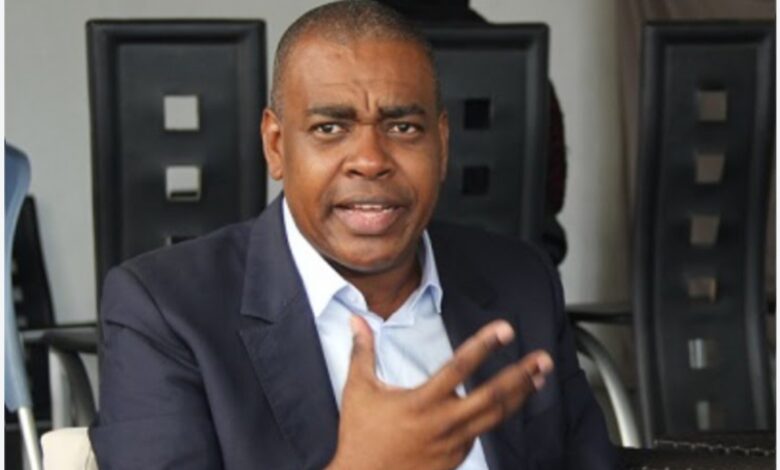Comorian lawyer urges political resolution for detained Chadian opposition leader Masra Succès

Saïd Larifou, a prominent Comorian lawyer representing detained Chadian opposition leader Dr. Masra Succès, has called for a political resolution to the case, warning that continued judicial action could jeopardize both peace and democratic progress in Chad.
In a statement issued on July 5, Larifou confirmed that his legal firm has officially joined the defense team representing the former Prime Minister and president of the opposition party Les Transformateurs.
Dr. Succès has been in custody since May 16 following allegations of incitement to hatred in connection with deadly clashes in Mandakaou, southern Chad.
“Our firm has been appointed by Dr. Masra Succès to join forces with our eminent colleagues from the Chadian, French, and American bars already constituted for him,” Larifou stated.
He emphasized the need for a diplomatic and political approach to resolve what he described as a “sensitive political and judicial issue.”
The lawyer argued that the judicialization of political disagreements threatens to undermine public confidence in democratic institutions.
“It is a source of conflict and compromises the democratic future of a nation,” Larifou warned.
“Our client has consistently demonstrated that dialogue and respect for the independence of the judiciary remain credible alternative paths toward a peaceful and reconciled nation.”
Dr. Succès, a vocal critic of the transitional authorities, was arrested shortly after violence erupted in Mandakaou.
Authorities have maintained that his rhetoric contributed to the unrest, while his supporters view the charges as politically motivated.
Larifou’s intervention comes amid mounting calls from international rights groups and civil society organizations for transparency and fairness in the proceedings.
The legal team has previously challenged French President Emmanuel Macron, urging him to take a stance on what they describe as growing repression in Chad.
As the political atmosphere in Chad remains tense, Larifou’s appeal underscores a broader concern that prosecuting political figures may inflame divisions rather than heal them—raising questions about the balance between security and democracy in a country still grappling with its transitional future.
About The Author
dailymailafric
I am an avid African news observer, and an active member of Daily Mail Africa.
I’m Passionate about staying informed on diverse topics across the continent,
I actively contribute to publishing on political, economic and cultural developments in Africa.



